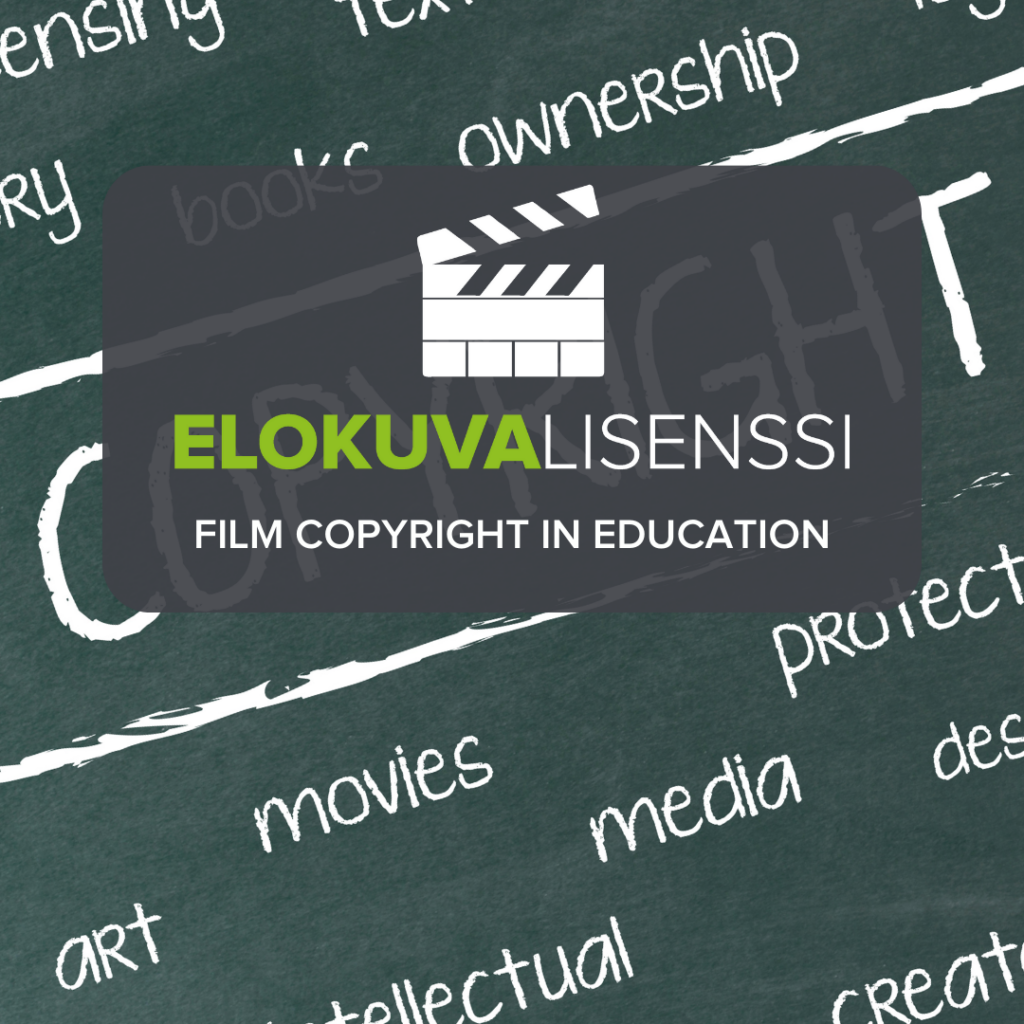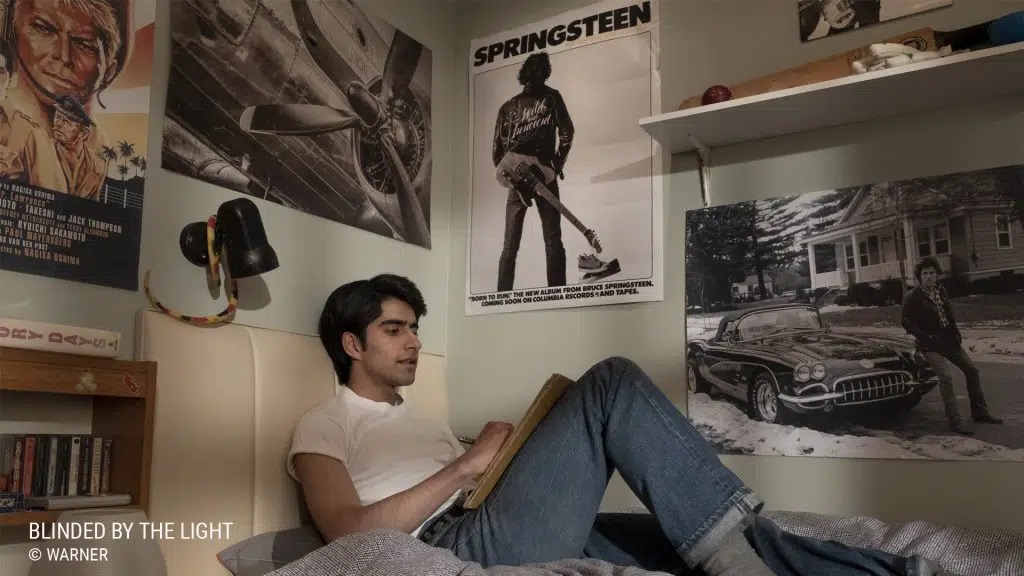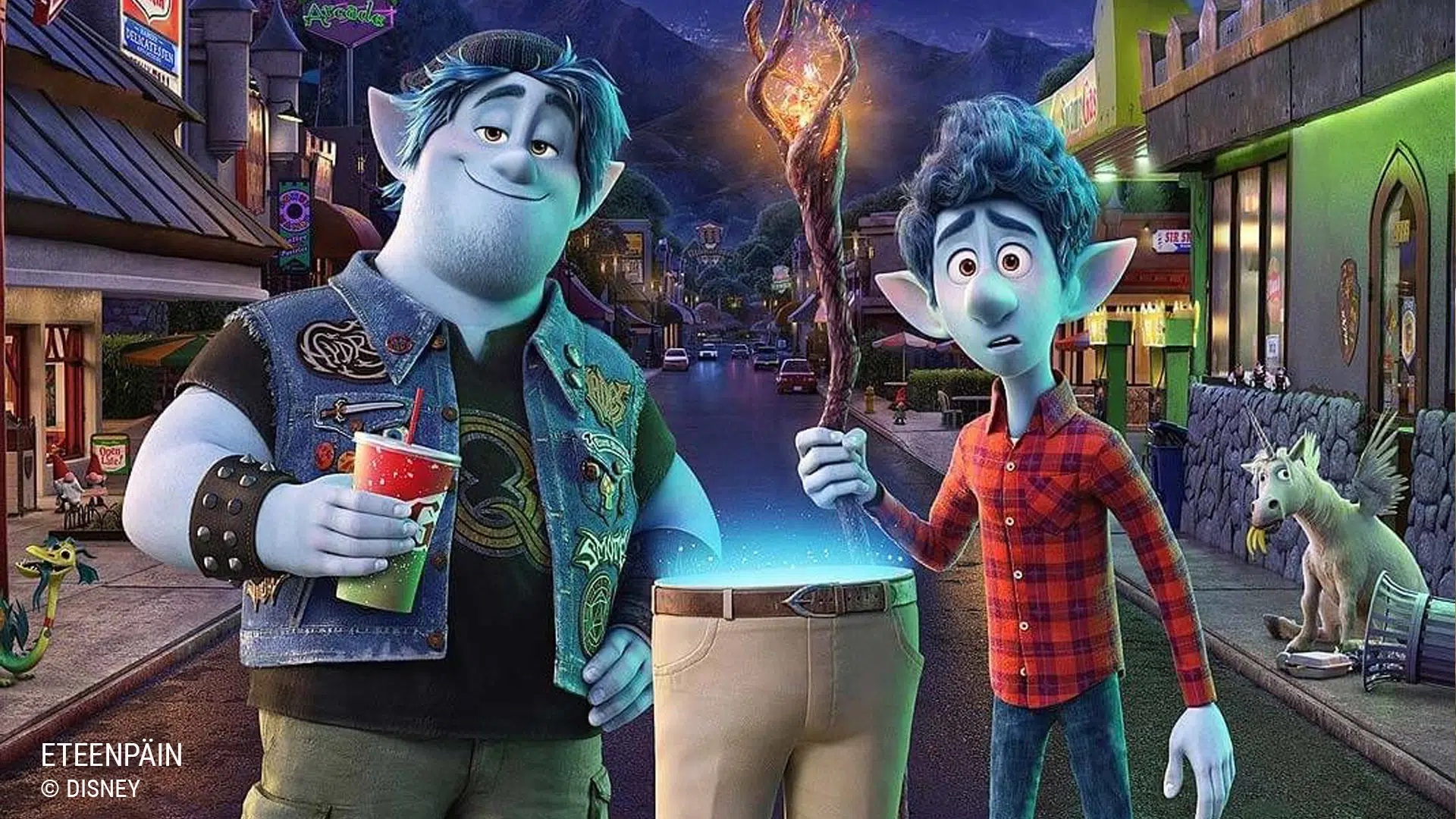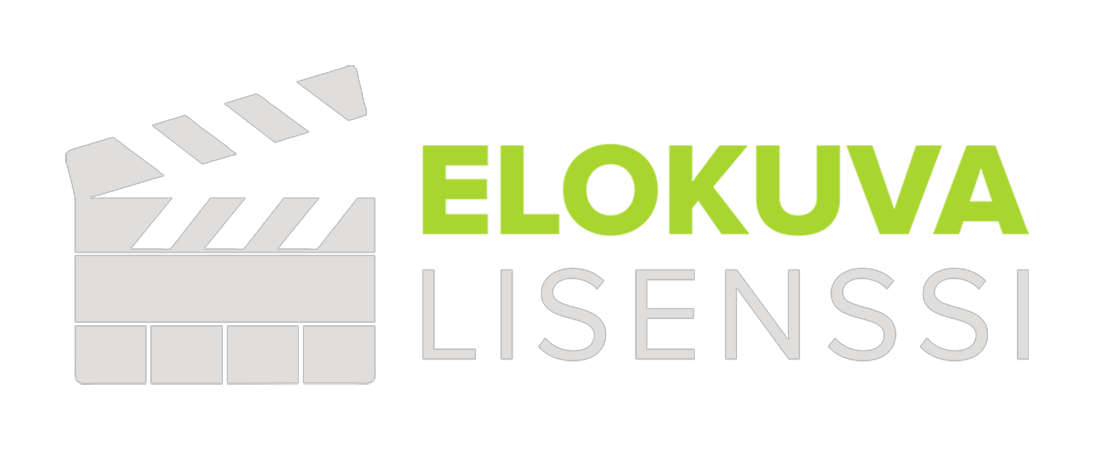
ArticlesPublished:
Film Copyright in Education
Culture enriches the schoolwork of children and young people
Works such as movies, music, and books can be utilized in daily teaching both as learning materials and as a counterbalance to everyday tasks. These works broaden students’ worldviews and help them relate to situations presented to them. The visual presentation can enhance understanding alongside written learning materials. The benefits are numerous.
Even if only a small clip from a work is presented, copyright permission must be valid. Copyright permissions are always specific to the location. Therefore, for example, in a school camp, it is essential to ensure that the venue has a valid copyright license. Respecting copyright in schoolwork sets an example for young people about respecting creative work and enabling the livelihoods of the creators.
Purpose of copyright
Copyright is based on copyright law and international agreements, aiming to protect creative industry professionals. A work is always the result of the work of one or more individuals, and copyright is automatically granted to them. Copyright gives the author the exclusive right to control their work. Copyright protection is granted to both the creators and performers of the work, as well as the companies financing the work.
Copyright is designed to enable the professional production of culture and entertainment. The idea is that a work cannot be used without the author’s permission. Without copyright, anyone could benefit financially from someone else’s work without asking for permission. The author’s name must be mentioned in a manner consistent with good practice. The work should not be altered in a way that offends the author. Copyright protects the work’s unique expression but not its idea, factual content, or underlying theory.
The majority of artists do not have a regular monthly salary. Due to copyright law, the creators of the work are entitled to copyright royalties, which are paid for the use, performance, publication, or sale of the work. As long as creative work is economically viable for its creators, we all have the opportunity to enjoy the works they produce!

Use of music in schools
The Association of Finnish Local and Regional Authorities has concluded agreements with music copyright organizations covering the use of music in municipal schools’ activities. Private schools still need to obtain permission separately.
Learn more about the use of music in educational institutions from Kuntaliitto.
What are the copying licenses for schools?
Publications, such as research reports, books, journals, sheet music, and similar items, are protected by copyright law. They cannot be copied, stored, or digitally distributed without the copyright holder’s permission. The Finnish National Agency for Education has obtained a copying license from Kopiosto for early childhood education, pre-primary and basic education, upper secondary education, vocational education leading to a qualification, and music institutes receiving state funding. Finnish universities and universities of applied sciences have also obtained licenses centrally.
How to use TV and radio programs in teaching?
The Finnish National Agency for Education has obtained licenses from Kopiosto and the Finnish Audiovisual Producers’ Association (APFI) for recording and showing TV and radio programs (not movies) in education. The license covers early childhood education, pre-primary and basic education, upper secondary education, and free vocational education leading to a qualification. However, the license obtained by the Finnish National Agency for Education does not cover school club activities or afternoon club activities.
With Kopiosto’s permission, you can:
show Finnish television programs available on Yle Areena and Elävä Arkisto in education and record programs from Yle TV1, Yle TV2, Yle Teema & Fem, and MTV3 channels listen to radio from all channels. The license also covers recording educational programs from Yle Radio. The license does not allow the showing of films from mentioned sources.
Please note that with Kopiosto’s permission, you cannot show:
Finnish or foreign films currently in cinema or legal private use distribution, foreign serialized series, advertisements programs, from channels other than those mentioned above.
Use of YouTube in education
Copyright law allows the use of published videos for educational purposes when permission is not available or easily accessible. The use of videos is allowed in teaching situations or a protected digital environment for a limited audience.

Movies and documentaries in cinema and video distribution in education
Elokuvalisenssi grants the necessary licenses for the use of movies and documentaries in cinema and video distribution. The company represents internationally renowned film and distribution companies in Finland, e.g. including 20th Century Fox, Walt Disney Pictures, Universal Pictures, and Warner Bros. Pictures, as well as Finnish companies such as Aurora Studios, Helsinki-Filmi, VLMedia, and Sputnik. The complete catalog includes tens of thousands of movies and documentaries.
Choose the most suitable option for you from Elokuvalisenssi’s licenses to support the goals of the curriculum, such as promoting multiliteracy and interdisciplinary teaching. Elokuvalisenssi facilitates the organization of film and media education in schools. The license covers the presentation of purchased, borrowed, and rented recordings, as well as online-published movies. The source of the presentation can include DVDs or Blu-ray discs, television recordings, or streaming services.
In collaboration with Mediametka and IhmeFilmi, we offer ready-made educational materials for films. The educational materials are aligned with national curricula.
Enforcement and communication of copyright
The Copyright Information and Anti-Piracy Centre (TTVK) is a registered association representing a wide range of creative industries. TTVK’s mission is to support the enforcement of the copyright of rights holders represented by its member organizations by actively addressing piracy through preventive measures and the implementation of copyright law. Additionally, TTVK aims to increase general copyright awareness through planned and objective communication, providing copyright education and advice.
In a nutshell, TTVK:
- Actively addresses unauthorized use of creative content
- Provides objective information about current copyright and piracy-related topics
- Educates authorities and other stakeholders in the field
- Offers free general copyright advice
- Participates in societal discussions related to the enforcement of copyright law
- Implements project-based copyright education initiatives, especially for children and young people.
Learn more on the TTVK website.
Compare and apply license and for more information, please read our FAQs.
